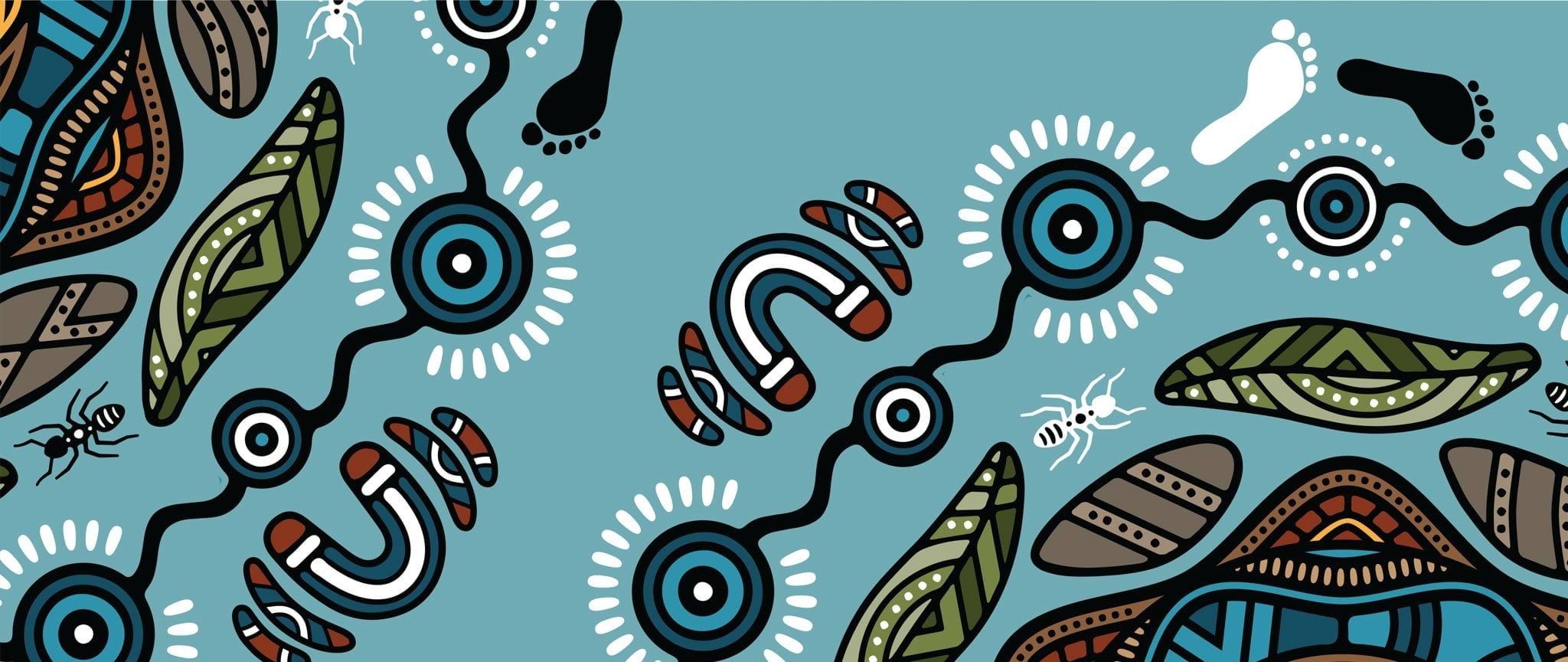Research shows that improved access to primary health care helps reduce disparities in life expectancy (Uneven access to health services drives life expectancy gaps: WHO). Our patient experience data reveals significant opportunities to improve the care provided to Aboriginal and Torres Strait Islander patients. Asking patients about their cultural identity helps us identify potential vulnerabilities or health-related risk factors linked to culture and ethnicity.
As of August 2023, only 13 per cent of our workforce consistently asked patients if they identify as an Aboriginal and/or Torres Strait Islander person, underscoring the urgent need to better understand and enhance our interactions with Aboriginal and Torres Strait Islander peoples and communities. We recognised resistance to completing this field, as well as assumptions about why the question wasn’t being asked.
To address this, we require our operational workforce to ask every patient, where practical, if they identify as an Aboriginal and/or Torres Strait Islander person. This must be done in a culturally safe manner, aligned with our RAP and Patient Assessment Standards.
Culturally safe and appropriate care cannot be provided without a health professional or service having an awareness of a patient’s Aboriginal and/or Torres Strait Islander status, which should not be determined without specifically asking the question.
In collaboration with the RWG and Aboriginal and Torres Strait Islander stakeholders, we developed guidelines and an educational video to support and educate our operational workforce on culturally appropriate ways to ask patients about their Aboriginal and/or Torres Strait Islander identity.
The education provides key information including:
- The importance of asking the question
- How to approach the question in a culturally sensitive manner
- Using inclusive and respectful language
- Handling objections or awkward responses
- Recording of information and data management
Building understanding and confidence in asking this question is essential to reducing resistance among operational workforce and to break down barriers and empower our workforce to engage in these conversations with respect and awareness.
Updated

